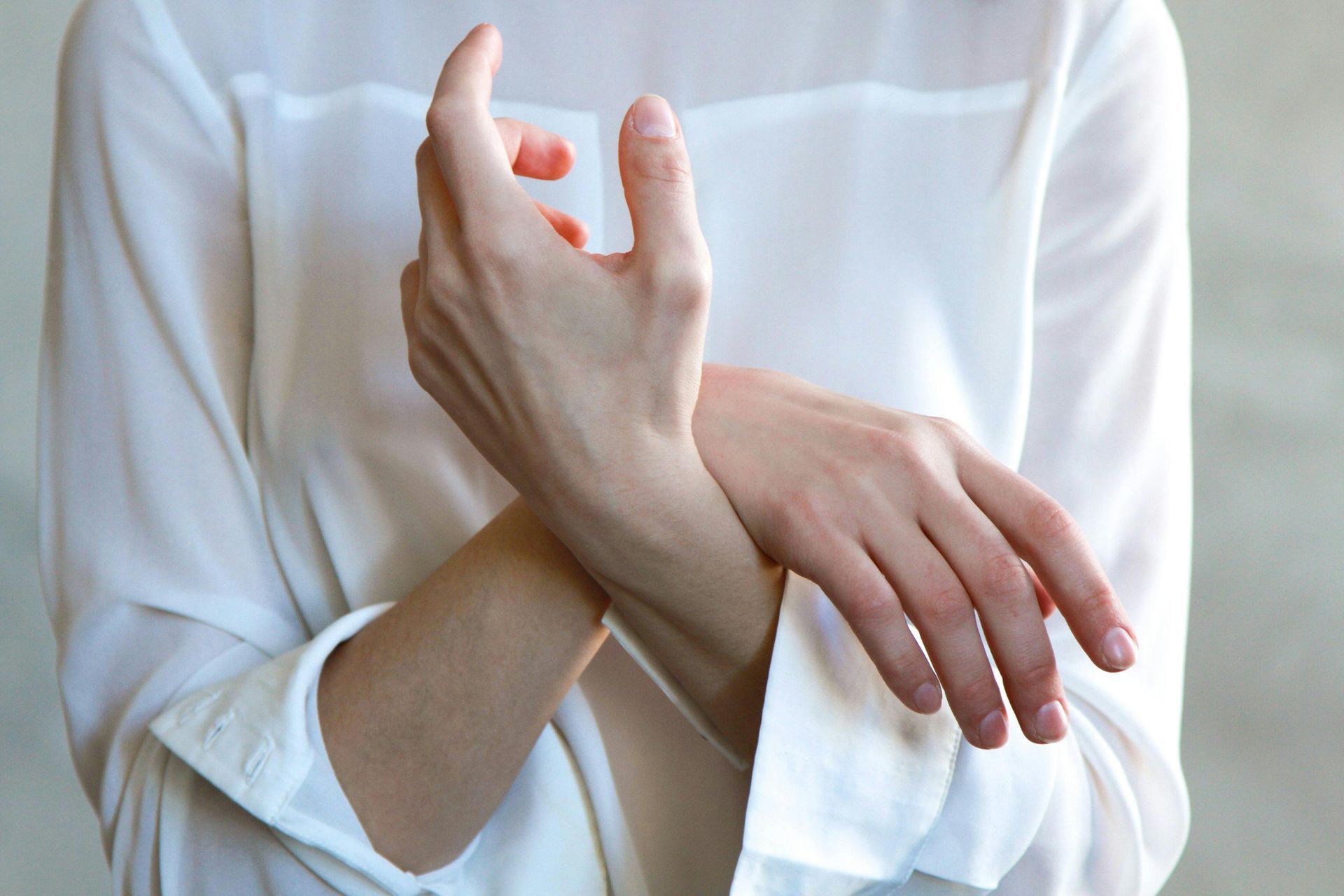Blog
Harmony Within Blog - Healing the Mind, Body, and Relationships

By Elizabeth Moore
•
March 8, 2025
Relationships are like a dance between two people, flowing in harmony one moment, and struggling to stay in sync the next. Many of us think about communication, shared experiences, and emotional bonds. But there’s an unseen partner in this dance: the nervous system. It’s often overlooked, yet it plays a huge role in how we connect with our significant other. Learning about the nervous system can regulate emotions and enhance intimacy in couples therapy. Have you ever noticed how couples sometimes mirror each other’s movements or react in sync? That’s the power of their nervous systems. When emotionally connected, our bodies tend to align in response to each other’s moods and signals. But what happens when stress enters the picture? Knowing how this synchronization works—and when it fails—can give you great insights into your relationship dynamics. Let’s dive into how the nervous system influences relationships, why it matters in therapy, and what you can do to use it to your advantage.

By Tommy Tellson
•
December 23, 2024
Make this holiday season a joyful and stress-free time for your relationship. Discover practical tips for couples to set realistic expectations, handle family dynamics, and avoid negative emotional cycles. Strengthen your bond and create meaningful memories together.

By Tommy Tellson
•
October 20, 2024
Preparing for marriage is a thrilling yet challenging journey that involves deepening your connection with your partner. In our latest blog post, we explore how premarital counseling in Grapevine, Texas, utilizing the renowned Gottman Method, can help you build a solid foundation for your future together.

By Cherie Spellman
•
October 5, 2024
Have you ever said to yourself, “Wow, I didn’t realize I was tense there!” Have you ever gotten a massage and said, “Ouch! I didn’t even know how painful and tense that area was!” It’s not just you. Most of us are walking through life having tuned out our bodies. We have lost connection to our bodies for multiple reasons. Sometimes it’s too overwhelming to turn our attention to our bodies. Sometimes, we are so busy that we never take the time out to notice ourselves. This lack of connection can cause a variety of symptoms and problems. Being out of tune with your body can cause chronic pain, anxiety, rapid thoughts, inability to relax and sleep, and more. Early in my career, I learned an exercise that Cognitive-Behavioral therapists teach as one of the most effective ways to decrease anxiety. I have since come to realize that it has many more benefits. You may have practiced it in a yoga class to deepen relaxation. Clients often ask me what they can do to help fall asleep, to relieve stress and tension, to stop clenching their jaw or tightening other muscles, or decrease anxiety, or to improve their connection to their body. In our fast-paced, hectic lives, stress and tension can easily take a toll on our physical and mental well-being. It builds up without our awareness. We soon forget what being relaxed feels like. Our constant state of being is tense. In the pursuit of a healthier and more balanced lifestyle, it's crucial to incorporate relaxation techniques into our daily routines. The practice of Progressive Muscle Relaxation (PMR) can help foster mind-body connection, help teach your body how to relax, decrease stress, and improve sleep. This deeply relaxing practice is easy to learn and can work wonders in reducing stress, promoting better sleep, and enhancing overall wellness.I will explore what PMR is, talk about its benefits, and provide a step-by-step guide.

By Cherie Spellman
•
February 11, 2024
Whether you're celebrating Valentine's Day or simply seeking a deeper connection with your partner, communication is key. Our latest blog post explores the power of eye contact and physical touch in fostering intimacy and resilience in relationships. Discover the significance of these simple, yet profound gestures and how they can help maintain closeness even during challenging conversations. Plus, get an exclusive look at our favorite 20 questions for couples—thoughtfully curated to spark meaningful dialogue whether you're contemplating marriage or reinvesting in your bond. Perfect for a romantic evening or a reflective moment together, these questions are sure to deepen your connection. Don't miss out on mastering the art of communication and intimacy. Read now and start building that deeper connection today.

By Katie Trillos, LMSW
•
October 22, 2023
In this mental health blog post, a Postpartum Depression Therapist shares her personal journey into motherhood. Katie opens up about the complexities of postpartum recovery, ranging from the "baby blues" to postpartum depression, all of which are influenced by hormonal changes, sleep deprivation, and the significant life changes of motherhood. The rollercoaster of emotions can leave mothers feeling vulnerable and disconnected from their identity. Katie wishes she had known that things would improve, emphasizing that self-care is an act of love both for oneself and for others. She emphasizes that it's okay to experience postpartum depression and to reach out for support.




